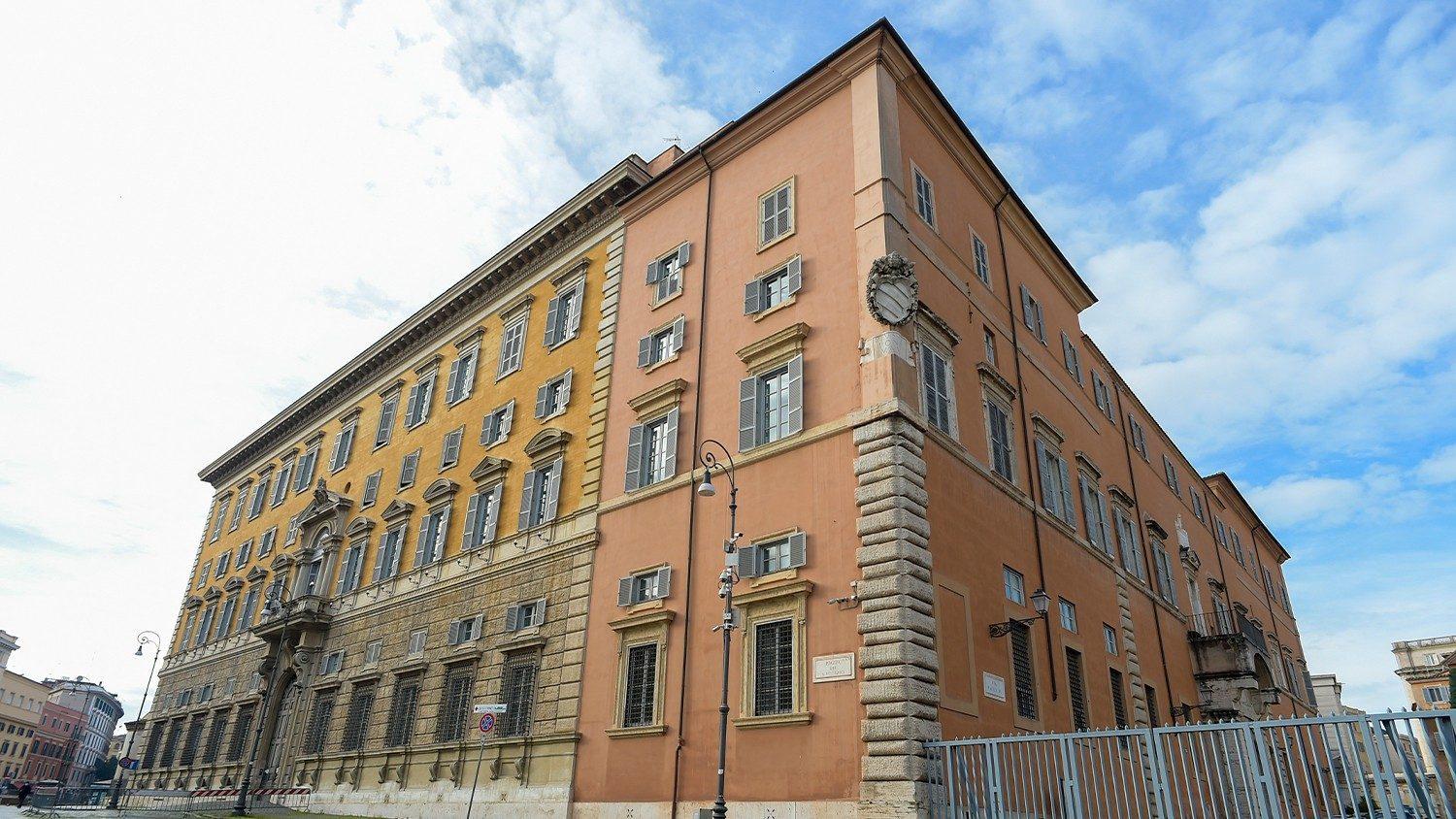Lecture notes on Monaheri: Mother of Loyalty
"Mater populi fidelis" is the name of the doctrinal note published today, Tuesday, November 4, by the Dicastery for the Doctrine of the Faith. Signed by the prefect Cardinal Victor Manuel Fernandes and the secretary of the Department of Doctrine, Monsignor Armand Matteo, the note was approved by the Pope on October 7.It is a doctrinal document on Marian devotion, which focuses on the image of Mary and connects with Christ's work as the mother of believers.The note represents an important biblical basis for devotion to Mary, the father, in addition to the addition of various contributions from doctors of the Church, elements of Eastern tradition and recent papal thought.
Within this positive framework, the doctrinal text analyzes a series of Marian titles, emphasizing some and discouraging the use of others.The note especially appreciates such titles as mother of believers, spiritual mother, mother of believers.Although the name Coredemptrix is considered inappropriate and unfair.The title Mediatrix is considered unacceptable if it acquires an exclusive meaning for Jesus Christ, but is considered valuable if it is inclusive and expresses a participatory mediation that glorifies the power of Christ.The titles mother of grace and mediatrix of all graces are considered acceptable in some very specific meanings, but a particularly broad interpretation of the meanings is offered, which may present risks.
READ THE FULL TEXT OF THE 'MATER POPULI FIDELIS' DOCTRINE NOTE HERE
Essentially, the note affirms the Catholic doctrine that everything in Mary revolves around the centrality of Christ and his cumulative action.Therefore, although some Marian names can be interpreted correctly, they should be avoided.In his presentation, Cardinal Fernández warns against groups and publications that are popular but offer a certain doctrinal development, but a certain belief that offers a doctrinal development and also through social networks is increasing.The main problem lies in understanding Mary’s connection to Christ’s redemptive work (3) and in interpreting these topics related to the Virgin.
Regarding the title of "co-redeemer", the note recalls that some popes "used this title without stopping to explain it. They generally presented it in two specific ways: in connection with the divine motherhood, Mary as mother as she enabled the redemption in Christ, or on the cross of Christ, next to the redemption".Vatican IIThe Council decided not to use that title "for dogmatic, pastoral and ecumenical reasons".St. John Paul II "used it at least seven times, especially linking the redemptive value of our pain to Christ, whom Mary especially unites on the cross" (18).
The document refers to the discussion in the church after which, in February 1996, responded to the request of the new Dogma of Mary "coredemptrix or mediatrix of everything." Later in 2002, the future history, wrote that it has a good idea and it is the wrong word "(19).
Pope Francis has clearly expressed his position against the use of the title Co-redeemer at least three times.The doctrinal document concludes in this regard: "It is always inappropriate to use the title Co-Redemptrix to define the cooperation of Mary. This title runs the risk of obscuring the one salvific mediation of Christ and can therefore create confusion and imbalance in the harmony of the truths of the Christian faith. . . . When an expression requires many and permanent declarations from the faith, the faith does not become, declarations of God, are not declarations of God. inconvenient."(22).
The note confirms that the biblical word referring to Christ's special intercession is "mighty."Christ is the only mediator (24). On the one hand, he highlights the very common "mediation" "in the order of social life, which is not understood as the cooperation, or the power, of the mediation of Jesus Christ alone" (25).Moreover - the document agrees - "it is seen that there is a form of true intercession of Mary to bear the true fruit of the Son of God in the children of men" (26).
Mother of believers and Mediatrix of all graces
La función materna de María “de ninguna manera disminuye o hace sombra” a la única mediación de Cristo, "sino que manifiesta su eficacia ". Entendida así, “la maternidad de María no pretende debilitar la única adoración que se debe solamente a Cristo, sino estimularla”. Por tanto, hay que evitar, afirma la Nota, "títulos y expresiones referidas a María que la presenten como una especie de ‘pararrayos’ ante la justicia del Señor, como si María fuese una alternativa necesaria ante la insuficiente misericordia de Dios" (37, b). El título de "Madre de los creyentes" permite hablar de "una acción de María también en relación con nuestra vida de gracia" (45). Sin embargo, debemos guardarnos de expresiones que puedan transmitir "contenidos menos aceptables" (45). El cardenal Ratzinger había explicado que el título de María mediadora de todas las gracias tampoco se veía claramente fundado en la Revelación, y en sintonía con esta convicción -explica el documento- reconocer las dificultades que conlleva tanto en la reflexión teológica como en la espiritualidad. (45).
Indeed, "no human being is an apostle or the Blessed Virgin Mary. She can act as a dispenser of universal grace. Only God can give grace, and he does so through the humanity of Christ" (53). Titles such as Mediatrix of All Graces Thus "some titles, such as Mediatrix of All Graces, are so restrictive that they do not allow an accurate understanding of Mary's special position. Indeed, she, the first Redeemer, received on her ownThe intercession of grace could not be" (67). Even those things which God was able to give us by listening to the intercession of the Blessed Mother" (68).
Thanks for reading this article.If you want to be updated, subscribe to the news by clicking here







